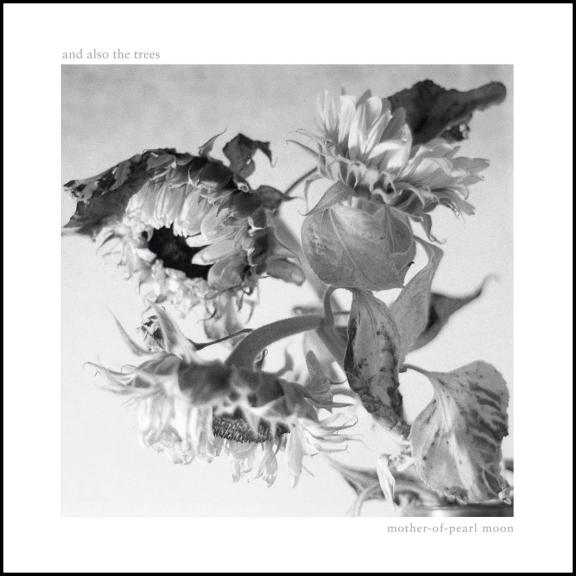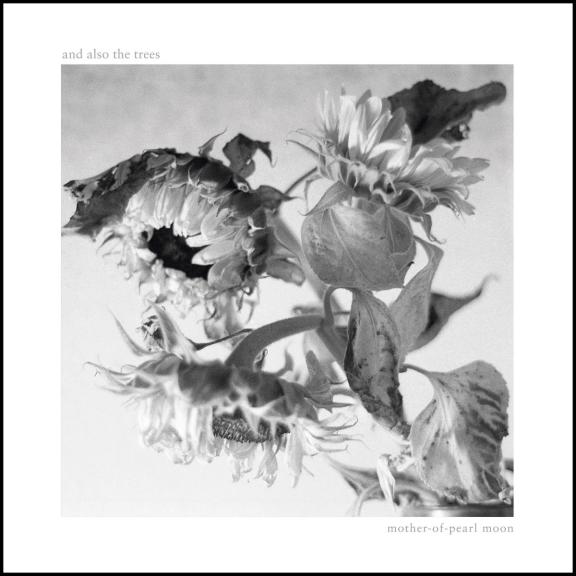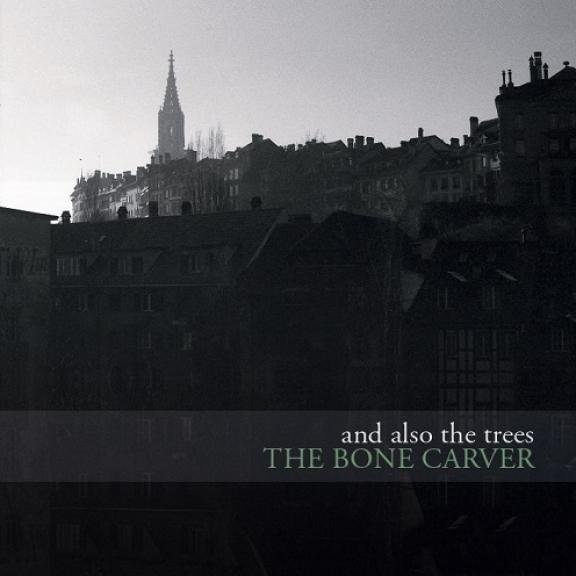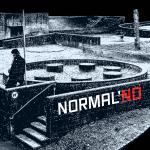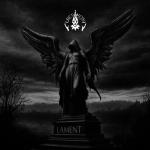You can't help but admire the way And Also The Trees have managed to continue their career for forty-five years now, never ceasing to renew themselves or lose the touch of melancholic fascination that has always been their trademark since the coldwave of the 80s. Over the last decade or so, the English band has evolved towards a more acoustic and calmer sound, making it difficult to classify them, if that matters at all. Two years ago, we had the pleasure of being introduced to the excellent The Bone Carver, centred on Eastern Europe and delicately low-key. So it's a pleasure to listen to the band's eighteenth album, Mother-of-pearl Moon, released this year.
Both the title and the artwork suggest an album with a strong contemplative dimension and an imaginary world where nature is omnipresent; this is indeed the case, and not surprisingly since the Worcestershire countryside has always been a source of inspiration for And Also The Trees. However, we also note that the group continues to look to the east, and even much further east than last time : the track Valdrada, owes its name to an imaginary city described by Marco Polo to the Chinese Emperor Kubilai Khan in Italo Calvino's novel The Invisible Cities, just as the title track evokes the Far East.
And indeed, listening to Mother-of-pearl Moon gives you the sensation of strolling through some exotic garden. The album is surprisingly calm : it's true that we haven't long expected And Also The Trees to compose tormented tracks like the brilliant A Room Lives in Lucy, but this is the first time that the band has given us an album that takes the time to contemplate, where the tempo remains slow and there are no crescendos or really sensitive breaks. And it's a pleasure to listen to, because it's a beautiful album: there are magnificent instrumental passages imbued with gravity and fascination, such as the album's introduction and the excellent instrumental tracks Ypsilon and No Mountains, No Horizon; there are also passages where you can follow the gentle wanderings of Justin Jones' guitar while his brother Simon's deep voice is held in quiet fascination on the vocals; This Path Through The Meadow and even more so the title track are good examples of this. The album is built around a series of guitar improvisations in 2020, although Colin Ozanne's clarinet and piano are also often heard. There's something filmic about the ambience, as we watch a soundscape come to life in front of us. Mother-of-pearl Moon is actually more successful in terms of sound than its predecessor, which ended up going round in circles in this respect.
But while we're delighted by the sounds, we're less taken with the structures. One of the things we always love about And Also The Trees is the sensation of being caught between contradictory emotions, mixing beauty and bitterness, strength succeeding to restraint to transport us to heights of emotion; this aspect was always very present on The Bone Carver but it almost disappears on Mother-of-pearl Moon, which never loses its calm and reserve. The tracks occasionally deepen, but on the whole their construction remains linear. At the same time, they remain light, so that they rarely immerse us completely in an atmosphere as do those of artists who have accustomed us more to contemplative music. Finally, Simon Huw-Jones's vocals are always in the same register, which is a shame compared to the variety he is known for.
Mother-of-pearl Moon leaves us with a slightly mixed feeling: we really appreciated the beauty of the sounds, and really liked certain tracks like Ypsilon and Mother-of-pearl Moon, but we would have liked more depth on the whole album to feel truly fulfilled; in the end, we appreciate the tracks better taken individually. In any case, this album shows, perhaps more than any other, that And Also The Trees continue to explore new avenues with talent.

